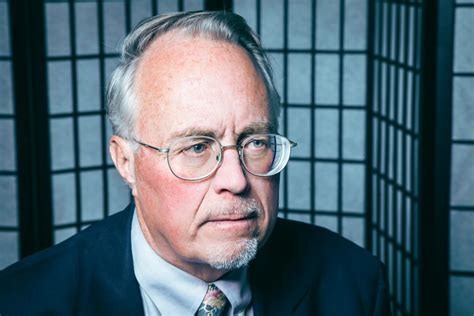A Quote by Andrew Aydin
We chose to frame "March" around the inauguration of Barack Obama because it was such an important moment in the story of the Civil Rights Movement. It wasn't the fulfillment of Dr. [Martin Luther] King's dream, but it was a major down payment.
Related Quotes
I was involved in the civil rights movement way back in the late '50s and through the '60s and '70s. I was doing a civil rights musical here in Los Angeles and we sang at one of the rallies where Dr. Martin Luther King spoke, and I remember the thrill I felt when we were introduced to him. To have him shake your hand was an absolutely unforgettable experience. Even before I could vote, I was involved in the political arena.
That was exciting to be able to comment on civil rights. I mean, the civil rights movement that young people don't know about today, but Martin Luther King was considered by the establishment press in the early years of the sit-in movement as a dangerous man, and he was the equivalent at that time as Malcolm X. And he was told to stop his demonstrations; they were against the law and all of that. Now that he's sainted and sanctified we've forgotten.
































